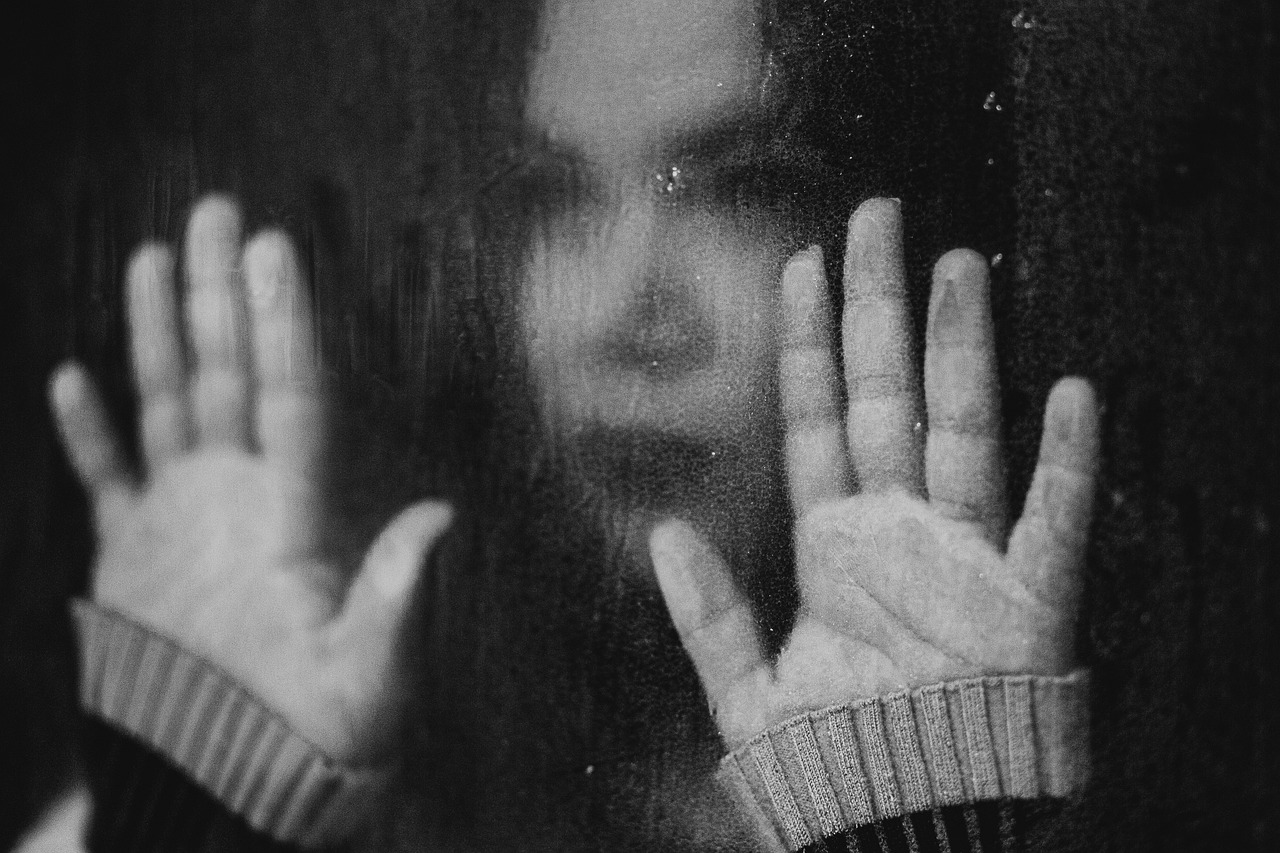Pornography

Discover a path to genuine intimacy and emotional fulfilment by embarking on a safe and transformative journey enabling you to heal, grow, and build a life filled with authentic connections and personal
fulfilment.
What is Pornography Addiction?
There is currently no formally recorded singular term to describe this behaviour historically described as a ‘process addiction’.
One of terms more recently offered is Hypersexual Dysfunction Disorder. This offers some insight into why use of pornography can be so problematic.
The most pleasurable activity we as humans can engage in is the act of procreation.
Two people mutually working towards the singular act. The relationship building is a process in which two individuals intentionally choose to work towards a mutual appreciation and shared attraction, a total acceptance and intimacy; a willing and intentional giving of each other in our most vulnerable way. Each working together to make this a significant time for the other; a time to both give and receive the ultimate pleasure. The act of ‘making love’ can be the most multi-dimensional pleasurable activity we can engage in.
Pornography hi-jacks this beautiful experience. Similar to the effect of stimulant type drugs, pornography stimulates the dopaminergic reward system as it offers immediately available access to erotica without the need for any building of relationship.
It does not require anything of us, there is no need to consider another party – we can simply indulge in a one-dimensional pleasure. There is no acceptance of each other. No mutual attraction, no giving of ourselves, no giving pleasure to another, no mutuality!
The amount of and accessibility to this material actually hypersexualises us so we are less able to experience the pleasure of a natural experience with a partner.
The pleasure experienced from pornography is thus dysfunctional and sadly often progresses into a pervasive disorder.


Is this a new issue?
Pornography is not a new issue; however, the accessibility of it has exponentially increased the numbers of people viewing it and exacerbated the harmful impacts of it. Increased accessibility has also meant the age of people viewing pornography is reducing. Pre-teens are now commonly exposed to pornography and the significant impacts of premature and distorted sexualisation are becoming increasingly apparent. I’ve not meet anyone who has anticipated the negative impact pornography has had on their lives, their relationships and their sense of self. There are also significant negative impacts on the wider community and those who may have been victimised to produce pornography.



Ethical porn?
I’ve seen the development of terms such as ethical pornography and I’m not sure how to respond to this term? My experience tells me, when we engage in certain thoughts and behaviours, we feel a sense of shame and guilt about those thoughts and behaviours. To mitigate these distressing feelings, we often seek to find ways to give ourselves permission to engage in them – these permission giving thoughts are referred to as Cognitive Distortions. Typically, we use distorted thinking to deny or minimise harm, to justify patterns of thought or behaviour we actually know are not in accordance with who we are! I wonder whether ‘Ethical Porn’ may not in fact be such a Cognitive Distortion?

How can pornography impact us?
Physical, Mental & Emotional well-being Some of the negative impacts of pornography commonly reported include; Increased compulsion to access more and often more extreme material Increased secrecy & isolation Aggression Distorted beliefs and perceptions of relationships and sexuality Sexual violence Negative feelings about self especially shame and guilt Neglecting other important areas in life Difficulty becoming aroused without pornography Loss of interest and fewer intimate experiences with partner Partner may view use of pornography as an act of infidelity and betrayal feel sexually inadequate and threatened by pornography view certain sexual activities or desires of the user are objectionable both user and partner experience a decrease in intimacy – physical, emotional and spiritual relationship trust is eroded Concerns about possible exposure of pornography to children Impotence Work and Legal consequences



Relational well-being
Use of pornography may have significant impacts on our relationships. We may become less responsive to family and individual needs of partners and children. We may neglect tasks and responsibilities as we devote more time to pornography. The effects of sleeplessness; irritability and inability to focus on specific tasks, are just some examples of how pornography may make the lives of our families more complex and difficult. Partners may begin to question their own selves; their attractiveness, sexuality and worth as they see pornography becoming a part of their loved one’s life. We can begin to build a relationship with pornography! It is an unbalanced and ultimately destructive relationship; but a relationship none-the-less. Our partners and even our children can begin to feel less secure as we withdraw more into our secretive world. Pornography offers just the one-dimensional selfish pleasure. Our real need is for relationship so our deepest desires for the depth of multi-dimensional relationships go unmet. We can begin to have a heightened sense of hurt. We can overly personalise feedback from partners and others and feel they are not meeting our needs – this often serves to give ourselves permission to try harder to meet our needs with pornography. We build distorted believes about sex and sexuality and this can impede our ability to relate to others in both work and social scenarios as we increasingly objectify others. Our ability to see others as people, to truly relate to them is compromised. Our relationship with pornography may become increasingly compulsive. I have worked with many who have begun accessing pornographic material on workplace devises. Some have also engaged in other forms of more public expression of their fantasies. The consequences of this private compulsion taking additional space in their lives marks a significant escalation in the severity of the problem. Compounding these impacts, we often choose to withdraw from our safe and protective relationships and gravitate towards relationship with others who may enable or even support the behaviours that are causing the issues for us.

Our core sense of self – our Spiritual well-being
We know and feel the distress associated with all of the above issues; more, we know and feel the distress of letting ourselves down. We struggle at the very core of our being with the dis-connect between what we want to do and what we see ourselves doing. Often focusing on the damage we have already done, the feelings of shame and guilt mean we struggle to see a future that contains anything more than a continuation of this distress – we see ourselves as being bad! We can’t see a way back – how we could make up for the damage we’ve done, how we can manage the guilt and shame we carry as a result of that? These can be devastating to a person – but, I can assure you, there is a way back; in fact, there are many! In reality, using pornography is simply a behaviour, a problematic behaviour, but, a behaviour none the less.



An outline of how we could work together to manage your addiction, is offered here
With safe, compassionate professional support this behaviour too, can be managed!
Take this simple screen to see if your use of pornography might be a problem?
If you answer ‘Yes’ to two or more of these questions, it may be – contact me today!

